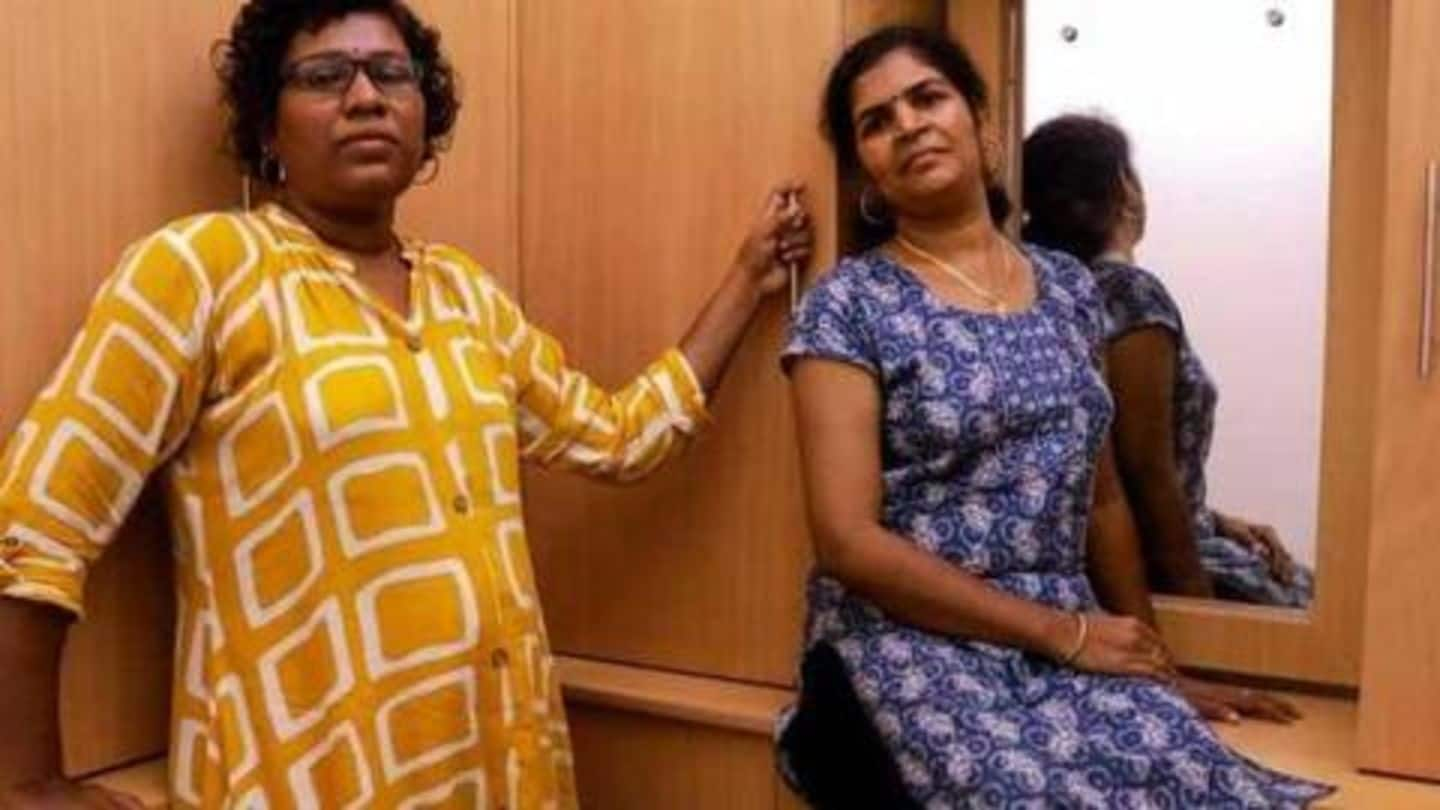
Give 24x7 security to women who entered Sabarimala, orders SC
What's the story
On Friday, the Supreme Court directed the Kerala government to give adequate security to Bindu and Kanaka Durga, the two women who entered Sabarimala temple on January 2.
The bench headed by Chief Justice of India Ranjan Gogoi asked the state police to provide them round the clock security.
Senior lawyer Indira Jaising told the apex court the women lived in constant fear.
Context
Backstory: Two women scripted history but faced problems later
Bindu and Kanaka Durga became the first women, aged under 50, to enter the shrine of Lord Ayyappa after Supreme Court lifted a ban last year.
The women entered the temple in early hours of the morning and offered prayers.
But as soon as the news spread, massive protests spread over Kerala. Following outrage, the women were taken to an undisclosed location.
Assault
Kanaka Durga was assaulted by her in-laws
After staying away from home for two weeks, when Kanaka Durga returned she was allegedly assaulted by her mother-in-law.
She suffered from head injuries and is undergoing treatment at the hospital.
Making a case for the duo, Jaising told the court, "These two women face threat to their life and liberty... one of them was attacked and is in the hospital... they want 24x7 police protection."
Kerala's stand
State government says 51 women have entered the shrine
Meanwhile, the Kerala government informed the court that since SC gave the landmark judgment, 51 women have entered the holy shrine.
The government said adequate security will be provided to all women who wish to take the trek and reach the temple.
Notably, two other women, who wanted to enter the shrine, returned on Wednesday after protesters dotted their path.
Rituals
The top court didn't say much on 'purification rituals'
While the court laid down strict rules related to women security, it reportedly refused to entertain a plea against the 'purification rituals'.
After Bindu and Kanaka Durga entered the shrine, the temple was closed for the ritual by the head priest.
This led to an immense outcry with many suggesting the act violated constitutional rights as it found its roots in untouchability.